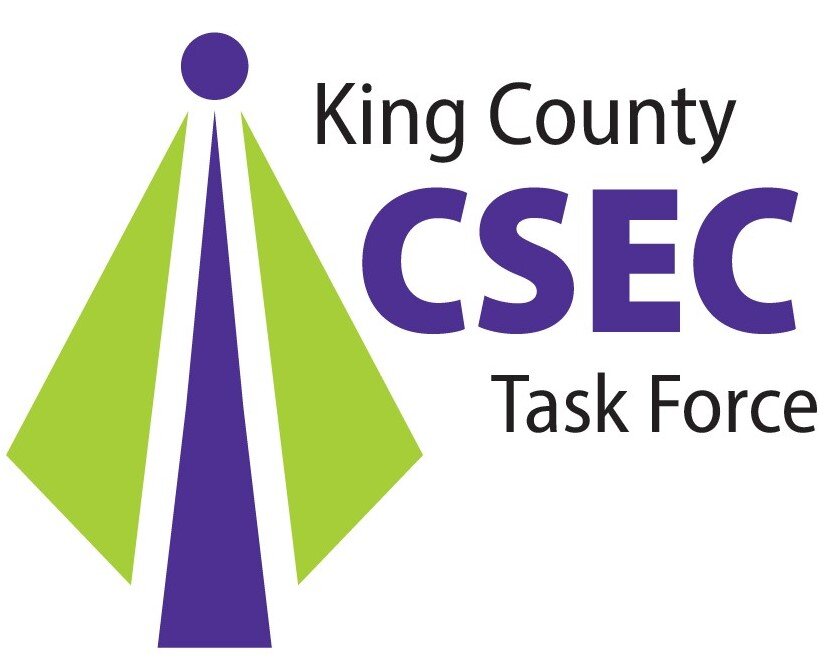OVC (Office for Victims of Crime) Enhancing Juvenile and Family Court Responses to Human Trafficking: Virtual Peer Learning Collaborative Promising Practices in Juvenile and Family Courts to Address Child Sex Trafficking
Date: May 3 - 4, 2023
Duration: Two-Day Training
Location: Virtual via Zoom
Training Schedule
Day 1
Date: Wednesday, May 3, 2023
Time: 9:00 a.m. - 1:30 p.m. (PDT) / 10:00 a.m. - 2:30 p.m. (MDT) / 11:00 a.m. - 3:30 p.m. (CDT) / 12:00 p.m. - 4:30 p.m. (EDT)
Day 2
Date: Thursday, May 4, 2023
Time: 9:00 a.m. - 12:00 p.m. (PDT) / 10:00 a.m. - 1:00 p.m. (MDT) / 11:00 a.m. - 2:00 p.m. (CDT) / 12:00 p.m. - 3:00 p.m. (EDT)
Training Overview
This training was adapted from The National Judicial Institute on Domestic Child Sex Trafficking to serve the training needs of multidisciplinary stakeholder groups that are addressing child sex trafficking on the local level. This virtual training will provide stakeholders an opportunity to improve their ability to identify and serve children who are being trafficked or are at risk for victimization.
The training is in 5 modules:
1. Victim Demographics and Vulnerabilities
Learning Objectives:
Recall demographics and prevalence of child sex trafficking.
Describe the limitations associated with collecting data on child sex trafficking.
Identify risk factors of youth who are vulnerable to trafficking.
2. Perpetrators: Recruitment, Control, and Demand
Learning Objectives:
Understand why the market for sex from children is important to the work we do.
Understand recruitment and the coercive power and control tactics traffickers use to exploit children.
Explore the demand for buying sex from children and the demographics of sex buyers.
3. The Legal Landscape of Child Sex Trafficking
Learning Objectives:
Examine the ways in which language matters.
Discuss how the child welfare system can contribute to a child’s vulnerability to domestic child sex trafficking.
Identify and locate major federal and tribal statutes related to sex trafficking.
Examine tribal and federal laws through the lens of child welfare system professionals.
4. Trauma-Informed Justice Systems
Learning Objectives:
Describe complex and historical trauma.
Understand the effect trauma has on the behaviors of child sex trafficking survivors.
Identify tools for communicating with CST survivors in the court and for building trusting and effective relationships.
5. Cultural Considerations and Bias
Learning Objectives:
Examine how your own culture, the culture of your jurisdiction and each youth’s culture can influence case progress.
Assess the impact of a child’s culture on his/her experience in the system.
Examine how bias can influence the interpretation of facts, or making decisions in domestic child sex trafficking cases.
Determine the role of language and cultural misinformation in enabling and facilitating the purchase of children for sex.
If you have any questions or need assistance with registration please contact
Malika Fahie, Program Specialist, NCJFCJ, at mfahie@ncjfcj.org.
